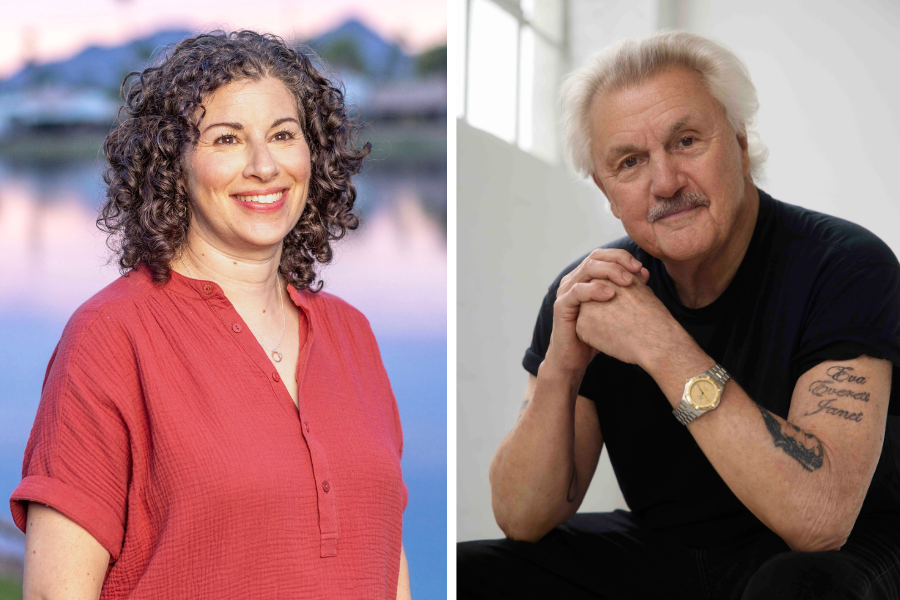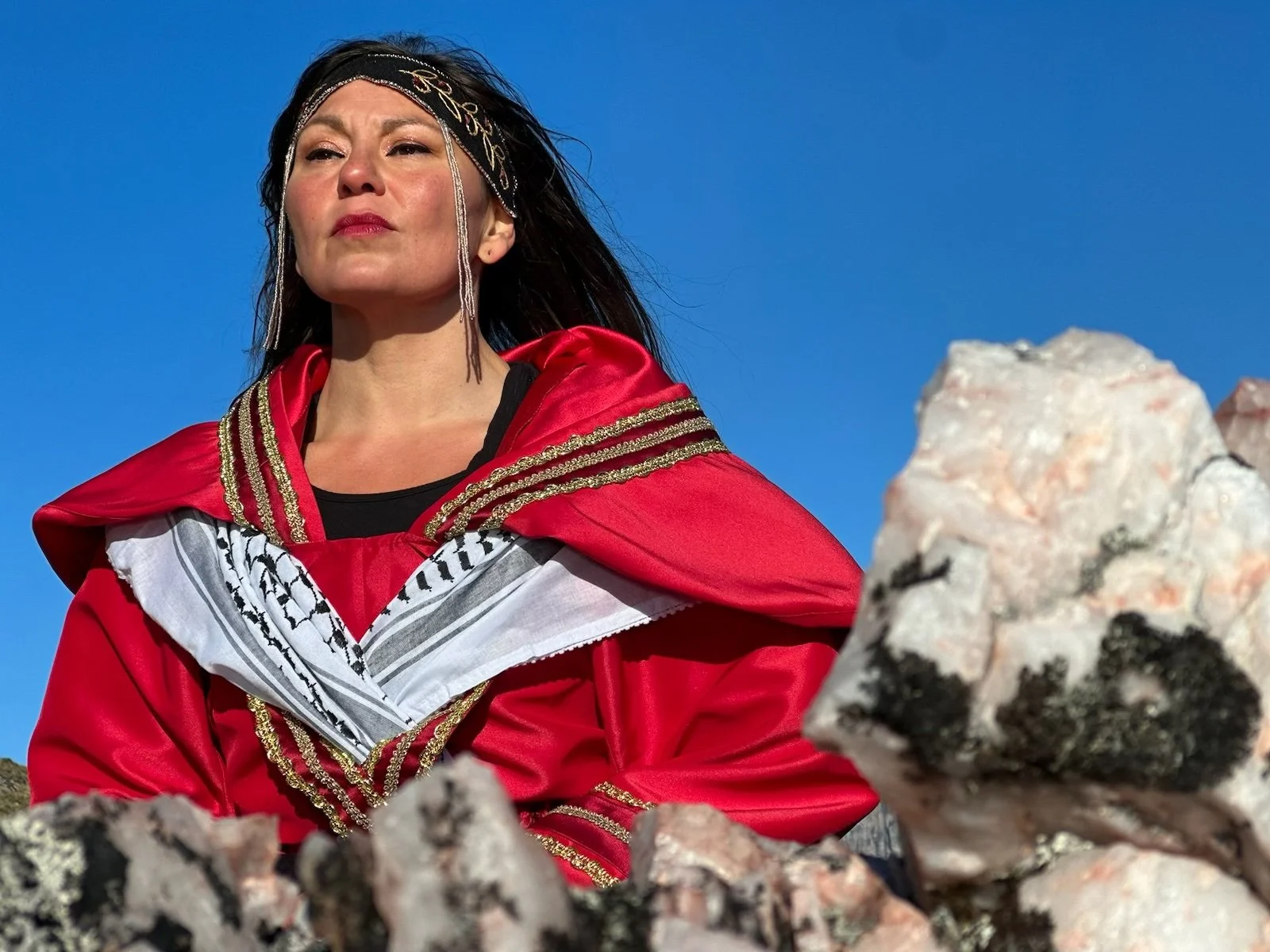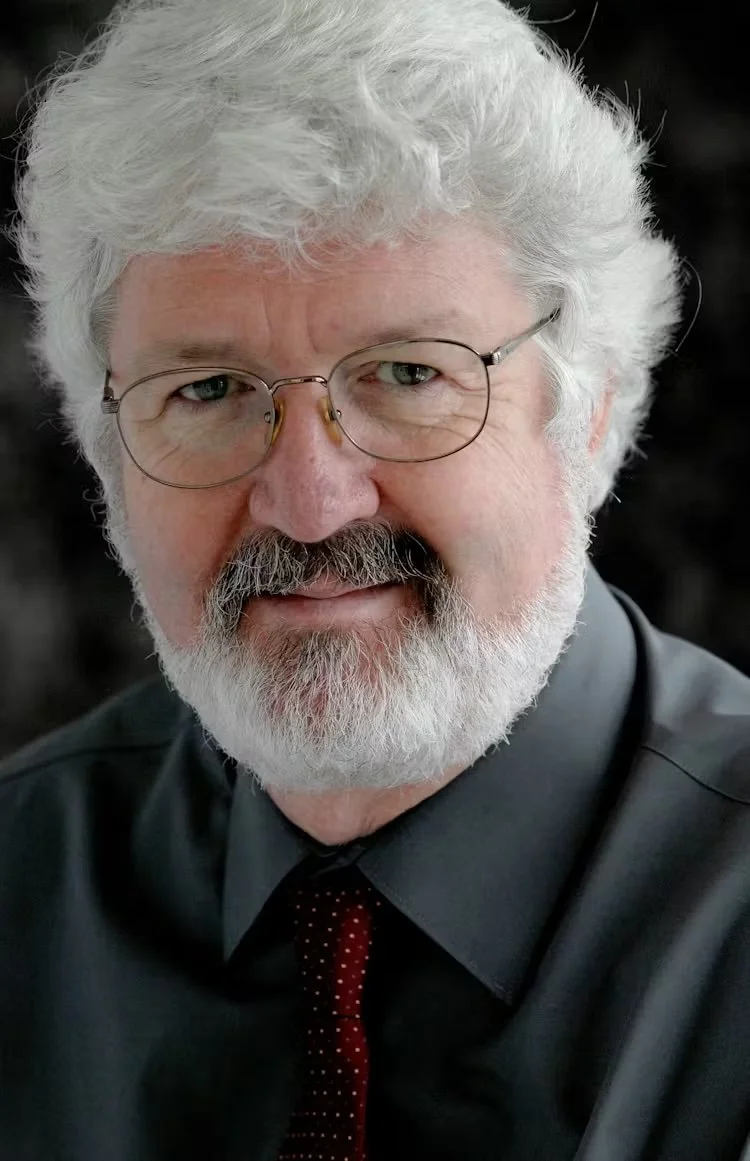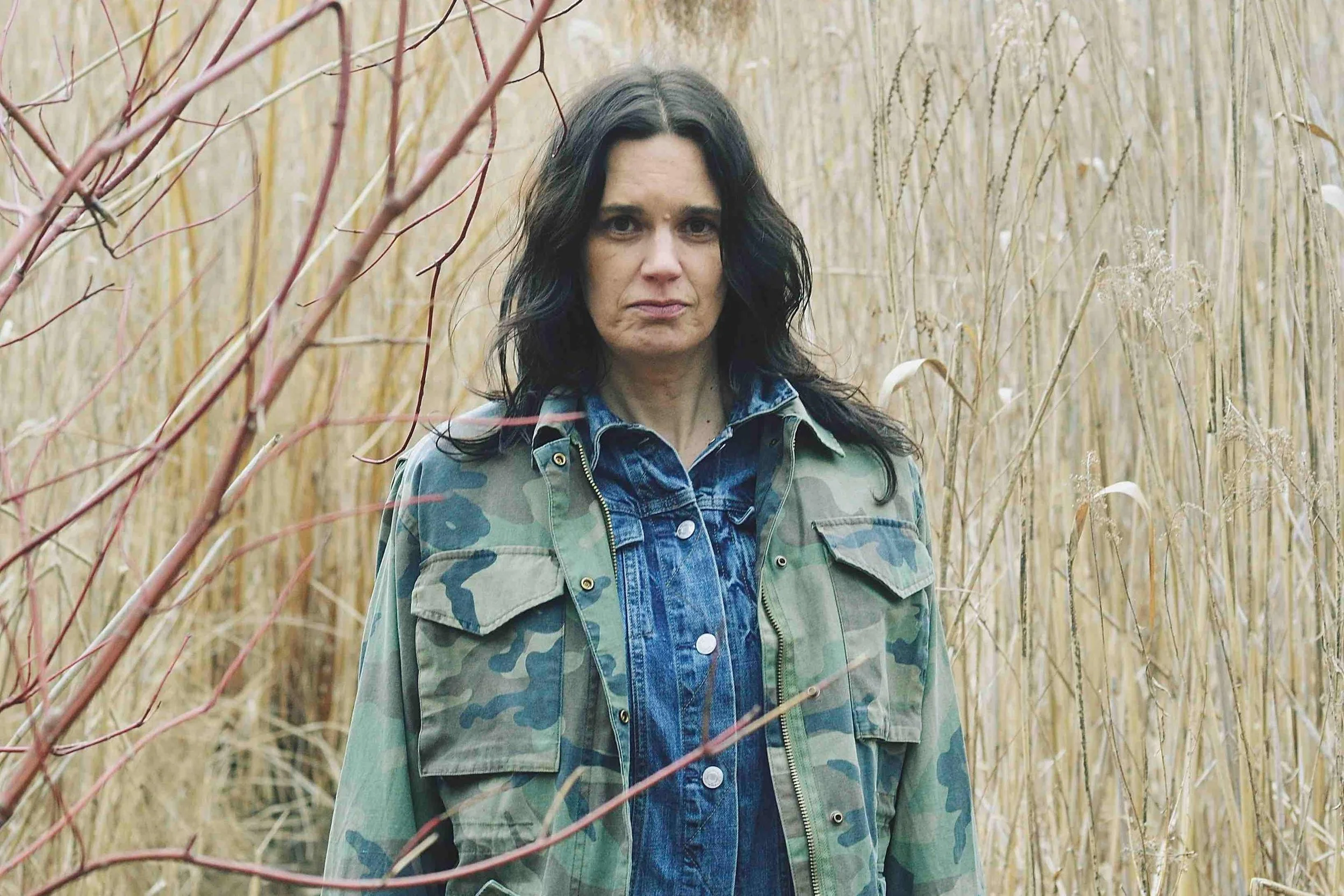Reading List: Summer books that compellingly confront the issues of our time, from the climate crisis to colonization
Plus: two titles for those who are struck by wanderlust, all selected by the team at Upstart & Crow
SUMMER HAS ANNOUNCED itself with a vengeance. How is it that a trip to the beach or the lake or into the mountains now comes with a health advisory more befitting Australia than Canada? This is when our reading lists are supposed to shift to bright and breezy, yet the issues we are confronting on so many fronts—climate change, COVID-19, colonization, the cops, cutting the last of our old-growth forests, Site C—don’t take a break.
So, by all means find a cool place or a safe spot slathered with SPF 120 and treat yourself to a good book or six this summer, but don’t put your brain on out-of-office entirely. Here are a few titles that will help you think about the work we all have to do, even if you down tools for a spell.
Finding the Mother Tree: Discovering the Wisdom of the Forest (Penguin Random House Canada) by Suzanne Simard
Perhaps Premier John Horgan could learn from the brilliant work of UBC professor of forest ecology Suzanne Simard, who currently leads the Mother Tree Project and co-directs the Belowground Ecosystem Group. Simard earned a global reputation for pioneering research on tree connectivity and communication, and studying the impact on the productivity, health, and biodiversity of forests. She’s been compared to Rachel Carson, hailed as a scientist who conveys complex, technical ideas in a way that is dazzling and profound. She has been to Fairy Creek and she doesn’t like what she sees: people forced to put their lives on the line simply so trees many, many times older than Canada can continue to live theirs.
Braiding Sweetgrass: Indigenous Wisdom, Scientific Knowledge and the Teachings of Plants (Milkweed Editions) by Robin Wall Kimmerer
Drawing on her life as an Indigenous scientist, a mother, and a woman, botanist Robin Wall Kimmerer shows how other living beings—asters and goldenrod, strawberries and squash, salamanders, algae, and sweetgrass—offer us gifts and lessons, even if we’ve forgotten how to hear their voices. This is not a new read but it is an essential one. In a rich braid of reflections that range from the creation of Turtle Island to the forces that threaten its flourishing today, Kimmerer circles toward a central argument: that the awakening of a wider ecological consciousness requires the acknowledgment and celebration of our reciprocal relationship with the rest of the living world.
Salmon: A Fish, the Earth, and the History of Their Common Fate (Patagonia) by Mark Kurlansky
At a time when our wild salmon seem destined to be mismanaged into oblivion like the East Coast cod, an author who made his name writing about cod (and later salt), is back in the water with a sprawling and fascinating book about the fish that defines the culture, economy and frankly the future of our coast. Or as Kurlansky rather boldly argues, “if the salmon does not survive, there is little hope for the survival of the planet.” Salmon is a little less artful (and a lot less portable) than Kurlansky’s previous books, but if you are wondering why the fish aren’t biting this summer, you’ll find at least some of the reasons here. And if you want to share a salmon story of your own, visit Salmon Nation.
Nishga (Penguin Random House Canada), by Jordan Abel
Jordan Abel, who is Nisga’a, offers a deeply personal autobiographical meditation that attempts to address the legacies of Canada's residential school system and contemporary Indigenous existence.
Abel, a Griffin Poetry Prize winner, often finds himself being asked to explain his relationship to Nisga'a language, community, and cultural knowledge. However, as an intergenerational survivor of residential schools (two of his grandparents attended the same residential school), his relationship to his Indigenous identity is complex indeed.
LEAVING CANADA BEHIND for a moment, which still isn’t very easy to do just yet, people who really are struck by wanderlust might want consider these two very different guides that will let you travel vicariously:
Indians on Vacation (HarperCollins), by Thomas King
Chances are you’ll not be vacationing in Europe this summer, but you can travel there with the perennially wry guidance of Thomas King. There is humour here of course (it’s Thomas King after all) and Indigenous wisdom of a kind, or as per the Toronto Star, “European and Indigenous history collide and there’s no one better to examine the aftermath.”
World Travel: An Irreverent Guide (Ecco), by Anthony Bourdain and Laurie Woolever
Master chef and prodigious traveller Anthony Bourdain left us three years ago, but in his considerable wake comes a guide to some of the world’s most fascinating places by one of the world’s most fascinating raconteurs.
For all his brio and bravado, Bourdain brought serious issues to the forefront in his writing. So here’s to that. Here’s to having some serious fun this summer.















